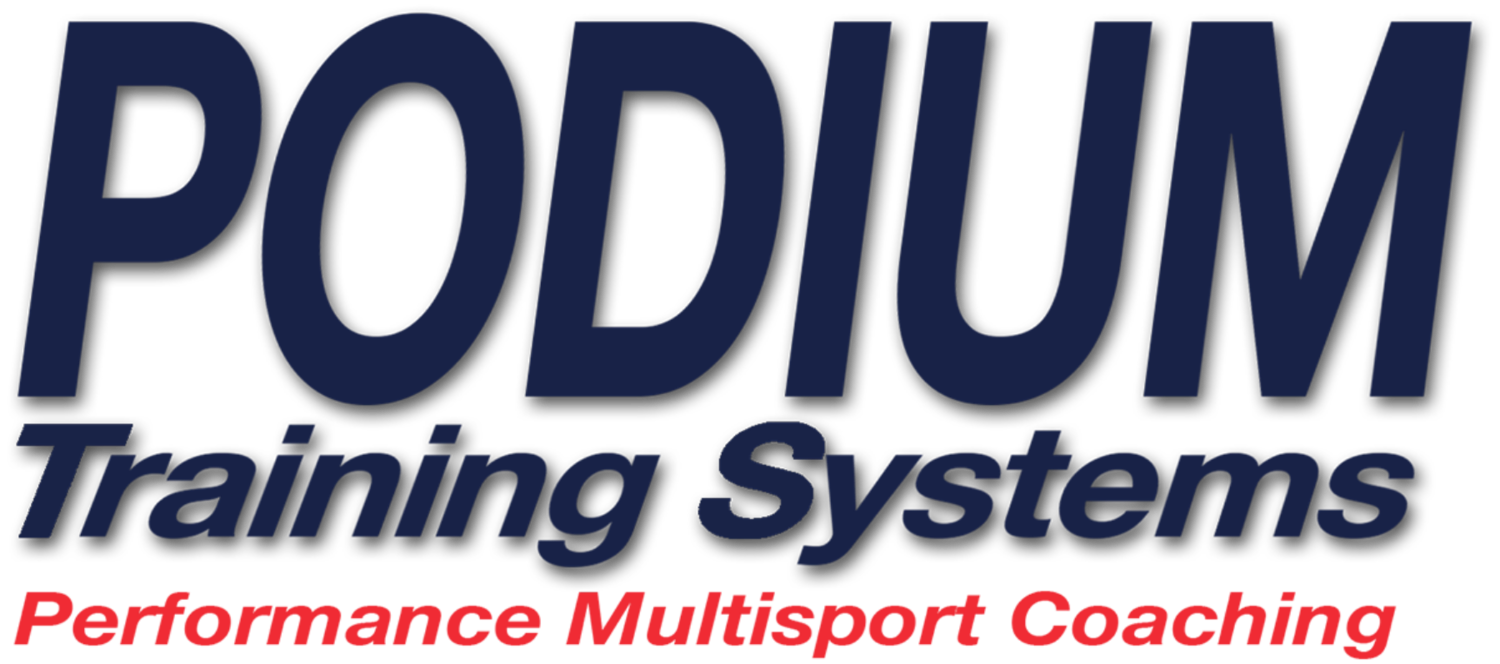I hear a lot of people (coaches and athletes alike) state: "You can't win a triathlon in the swim, but you can lose one in the swim".
I've heard numerous athletes declare: "I just need to survive the swim".
I disagree with both statements. As a coach these are the first things, should an athlete of mine say such a thing, that we remove from the conversation. You can indeed win a triathlon by having a good swim. Just as you can win it by having a good bike, or run. But you have to be strong across all the disciplines to ensure that your good swim effort holds up at the end.
Just surviving the swim? That's a great way to lose time, waste energy, and ensure you have a harder bike and run leg than is necessary.
Read moreDuring all of my various coaching certification clinics the discussion around the creation of workouts was covered in detail. The main points of interest?
- Specificity
- Energy systems
- Athlete understanding of goals of workout
Of course the importance of a good warm up, cool down, and dynamic stretching, was covered as well.
Let me clarify: Did we cover 'everything' in granular detail? No. You can't cover everything in a weekend-long clinic. You need to continue your education beyond the initial course. But, all that said, the three points above have been resonating with me lately. Why?
I'm seeing too many triathlon coaches prescribe workouts that have no specifics around energy systems, and no way for the athlete to know what the goal of the workout is. In some cases guaranteeing that the athlete do nothing but train their body to run long and slow on race day. A couple of examples that I've seen (posted online) lately:
Read moreSome time ago, I wrote an article about how training for a triathlon was not a diet. There's a fine line between maintaining a healthy training and racing weight and an unhealthy weight. And this topic is gender neutral. Men and women alike are equally susceptible to an unhealthy diet and nutrition plan whilst training for an endurance event.
Using myself as an example, my worst race occurred when I weighed the least. It was very early in my triathlon 'career', and I was at a goal weight which I though would help me perform better. In truth I was under-weight, as I was spurned on by all they hype around "getting lean" and "losing an extra few pounds for the next race".
Read moreI've heard many a triathlon coach tell their athletes that reducing their stroke rate in their swim is one of the telltale benchmarks of swimming improvement. It can be. But it's not that simple. And all too often I've witnessed these coaches focus so much on reducing the number of strokes their athlete takes per length in training that they neglect to consider their distance per stroke, pace, and the overall impact of a low stroke rate in an open water setting
You can't talk about stroke rate without looking at distance per stroke. Period.
Read more